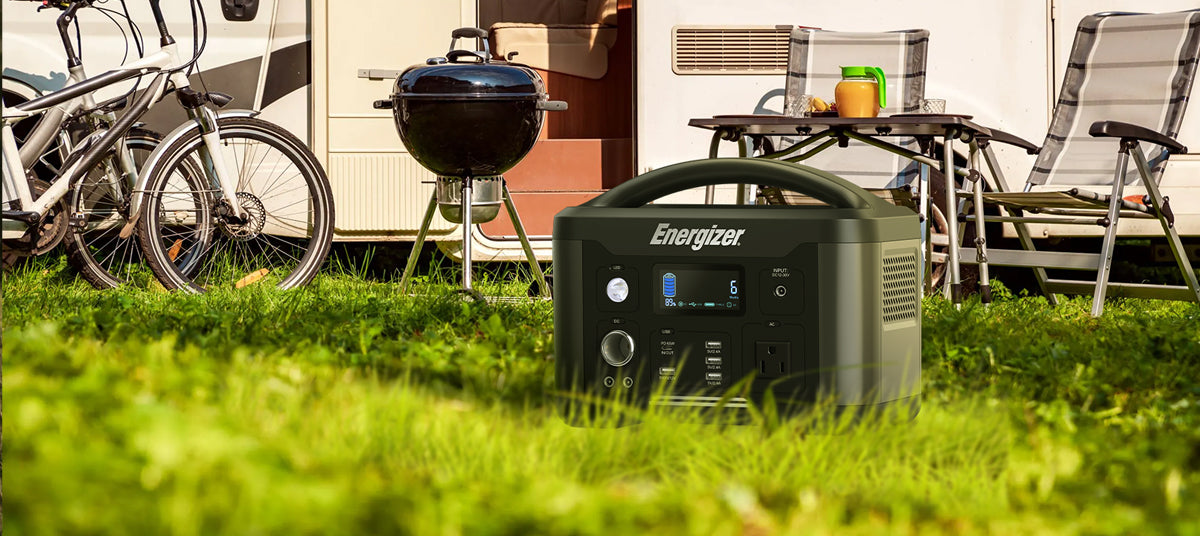Technical Information of Battery Packs for Camping
When it comes to camping, having a reliable power source is essential for running appliances and charging devices. Battery packs are a popular choice as they are portable and can provide power without the need for a mini generator for camping. Here are some technical specifications to consider when choosing a battery pack for camping:
Capacity: The capacity of a battery power outlet is measured in watt-hours (Wh) or amp-hours (Ah) and represents the amount of energy it can store. A higher capacity battery will provide more power for longer periods of time.
Voltage: The voltage of a battery pack will determine the types of appliances and devices it can power. Most camping appliances and devices require a 12V DC or 120V AC power source, so choose a battery pack with the appropriate voltage output.
Type of battery: There are different types of batteries, including lead-acid, lithium-ion, and nickel-metal hydride. Lithium-ion batteries are a popular choice for camping as they are lightweight, have a high energy density, and can be recharged quickly via battery pack outlet.
Charging options: Look for a battery pack that can be charged using multiple methods, such as solar panels, car chargers, or wall outlets.
Inverter: If you plan on using AC appliances, choose a battery pack with a built-in inverter to convert the DC power to AC power.
By considering these technical specifications, you can choose a battery pack that will provide reliable power for your camping needs.







